Residential Treatment Centers in Utah
Effective and Comfortable Drug and Alcohol Treatment
Acqua Recovery is a sanctuary where people come to stop the misuse of drugs and alcohol and begin a life in recovery.
Tucked away in a peaceful, 12-acre property, Acqua offers peaceful meditative spots, relaxing water features, and a host of amenities promoting mental, spiritual, emotional, and physical well-being. Here, you will rest, reset your focus, and rediscover the beauty of life without drugs and alcohol.
At the same time, our evidence-based, trauma-informed approach to addiction treatment in Utah ensures that you’ll experience the highest levels of professional care and treatment for your disease.
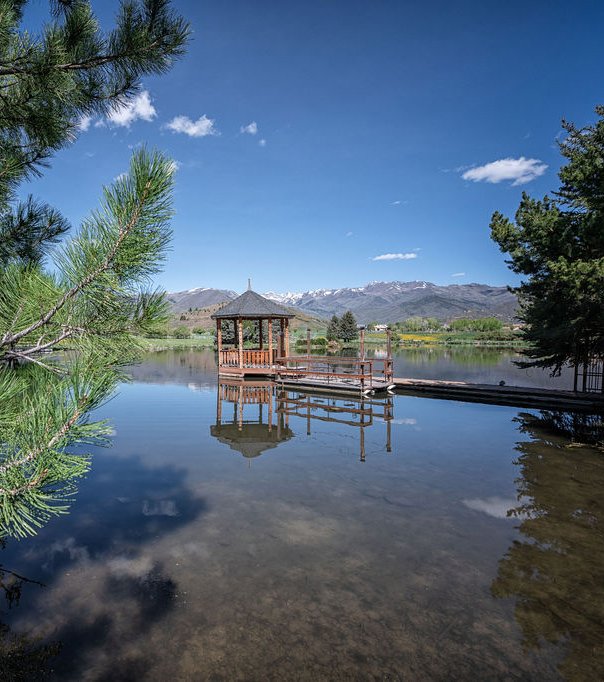
What is Residential Addiction Treatment?
Residential addiction treatment is a type of intensive care for individuals struggling with addiction, where they live in a facility full-time, often for an extended period. This level of care allows for continuous medical supervision and a highly structured environment, which can be crucial for those battling severe substance use disorders.
The key elements of residential treatment typically involve detox, medication-assisted treatment, individual and group therapy, education about substance use disorders, and planning for aftercare. Some programs may also offer specialized services, such as dual-diagnosis treatment for those with co-occurring mental health issues.
Utah’s unique approach to residential addiction treatment could be attributed to several factors. Firstly, the natural beauty of Utah provides a serene and tranquil environment, which can be therapeutic for those in recovery. Secondly, Utah is known for its strong community values, which could translate into robust support networks for individuals in treatment. Lastly, Utah has a variety of high-quality treatment centers, some of which offer unique therapeutic modalities like adventure therapy, equine therapy, or holistic wellness programs. However, the effectiveness of residential treatment can vary greatly depending on the individual’s specific needs, and it’s important to research and consider multiple options before deciding on a treatment plan.
The Importance of Residential Addiction Treatment
When you are ready to seek help for a substance or alcohol use disorder, choosing a residential addiction treatment program may be the best option for your recovery. Living in a residential treatment center provides many benefits, including 24-hour supervision and accountability as well as constant access to medical care.
Residential drug & alcohol addiction treatment is sometimes also called inpatient treatment. Enrolling in a residential program means you are committed to immersing yourself in a therapeutic environment for the duration of the program. Residential addiction treatment programs may last 30 to 180 days, not counting aftercare.
Recovery begins with medically supervised detox. Once patients are stabilized, they can begin participating in the full schedule of treatments provided at Acqua Recovery. Living and participating with a group of peers who understand what you are going through can accelerate your recovery process in many ways.
What are the Benefits of Residential Treatment Programs in Utah?
Residential treatment centers provide many benefits, including:
Enrolling in a residential addiction treatment program takes you out of your normal routine and places you in an environment entirely focused on recovery. This can be especially beneficial for those who struggle with triggers in their day-to-day life.
For people living outside of the Midway, Utah area, choosing a treatment center far away from the people and places that trigger their desire to use drugs or alcohol can be advantageous.
Being in a residential center where your only concern is recovery can significantly increase your chance of long-term success. The safe, structured environment of inpatient care provides patients with the time and resources to focus solely on their treatments, health, and goals.
Residential programs offer a stable environment with a set routine, which can help build discipline and accountability.
Patients in residential treatment centers often have access to better nutrition and continuous medical care, which can improve overall health and well-being.
These programs typically provide a variety of therapeutic approaches, including individual and group therapy, educational sessions, and sometimes complementary therapies like yoga or art therapy to help individuals develop coping skills.
Participating in residential treatment also gives patients an opportunity to build a sober community. Sharing the recovery process with peers who understand what you’re going through can lead to strong bonds. Staying connected with this sober network after treatment is integral to maintaining success in recovery.
Perhaps one of the most immediate benefits is that residential facilities offer an environment free from drugs or alcohol, removing the possibility of relapse during treatment.
These are just some of the potential benefits of residential treatment programs in Utah. However, the effectiveness of these programs can vary greatly depending on the individual’s specific needs, and it’s important to research and consider multiple options before deciding on a treatment plan.
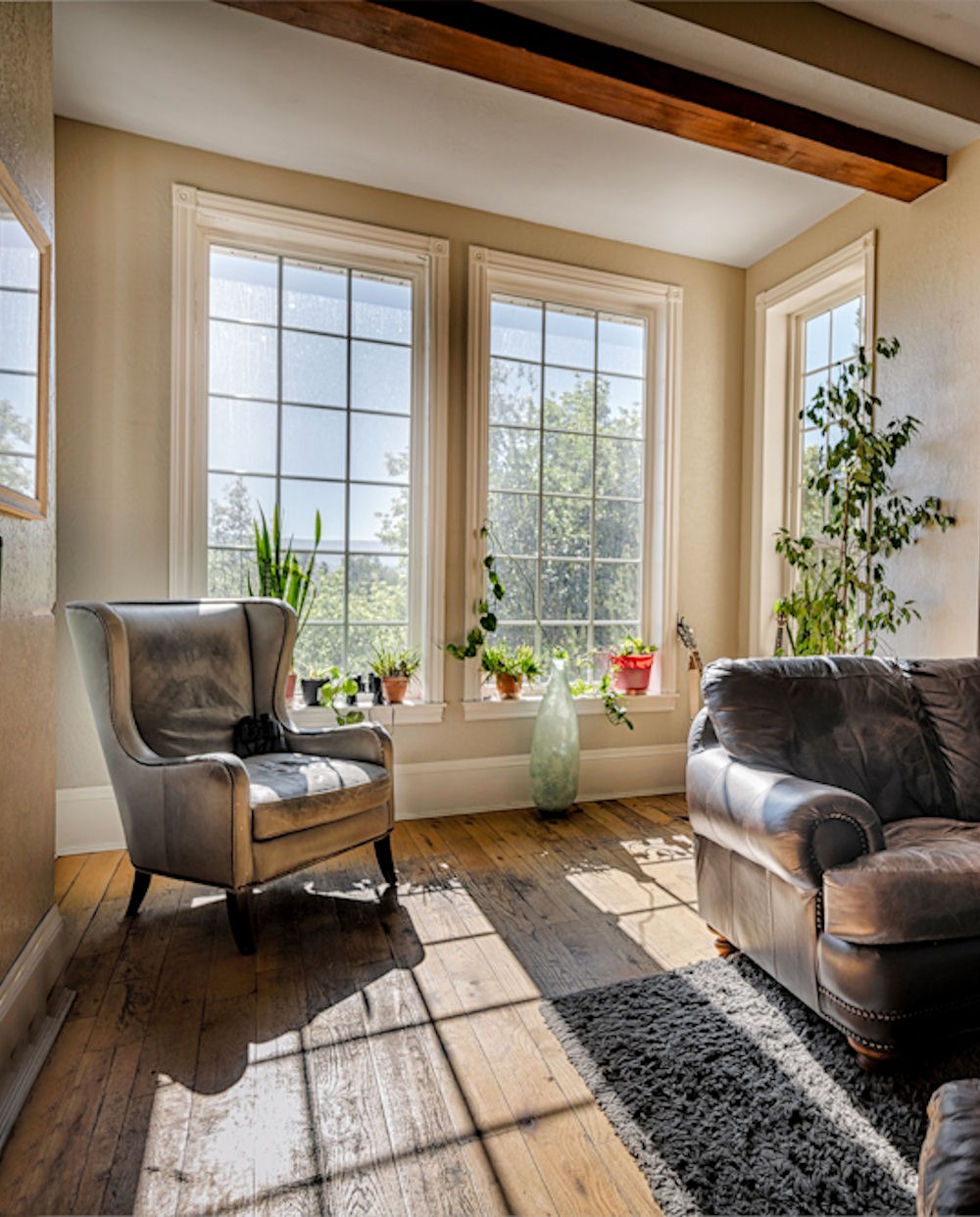
What Types of Therapy are Available in a Residential Treatment Center?
Addiction treatment is not a one-size-fits-all method. Each individual’s physical and mental health needs to be evaluated and provided for. However, there are several therapy options you can expect to participate in when you choose our residential addiction treatment in Midway, Utah. Some of the most common forms of behavioral health therapy include:
- Cognitive-behavioral therapy
- Trauma therapy
- Dialectical behavior therapy
- Pharmacological therapies (MAT)
- Group therapy
- Individual therapy
- Family therapy
Additional recreational therapy like yoga, music, therapy, and developing a mindfulness practice may not yet be common, but their value in addiction recovery is evidence-based. We include these evidence-based therapy sessions and selected experiential and holistic therapies in our residential inpatient treatment because of the merit they add to our patient’s lives.
Who is Best Suited for Residential Treatment?

Residential treatment is best suited for individuals who are struggling with severe addiction or mental health issues and need an intensive level of care. These programs provide a safe, structured environment that allows patients to focus solely on their recovery. Here are some factors that could indicate that someone is well-suited for residential treatment:
- Severity of Addiction or Mental Health Issue: Residential treatment is often recommended for those with severe substance use disorders or mental health conditions who may require round-the-clock care.
- Previous Treatment Attempts: Individuals who have tried other forms of treatment like outpatient therapy, or IOP/PHP without success might benefit from the intensive support and structure of residential treatment.
- Co-occurring Disorders: Those with co-occurring disorders (dual diagnosis), meaning they are dealing with both a substance use disorder and a mental health issue, often benefit from residential treatment because these programs can provide comprehensive, integrated care.
- Need for a Stable Environment: If an individual’s home environment is unstable or if it contributes to their substance use or mental health issues, residential treatment can provide a safe, supportive place for them to focus on recovery.
- Risk of Self-Harm or Suicide: If someone is at high risk of suicide, serious self-harm, or poses a danger to others, residential treatment can provide the constant supervision needed to ensure safety.
Remember, while residential treatment can be incredibly beneficial for many, it’s not the right fit for everyone. An individual’s specific needs should always be considered when deciding on a treatment plan.
Additional Questions Regarding Residential Treatment
The cost of residential addiction treatment can vary widely depending on various factor, such as the location of the facility, the length of the program, the types of services offered, and whether the patient has insurance that can cover some of the costs.
The cost of a traditional residential treatment center can range from $5,000 to $80,000 or more. Standard inpatient facilities can cost between $14,000 and $27,000 for a 30-day program. The average cost of drug rehab is about $18,000, but it can vary from $5,000 to $50,000.
It’s important to note that many treatment centers offer payment plans or sliding scale fees based on income, and some even provide free or low-cost treatment to those who qualify. Additionally, some costs may be covered by health insurance, depending on the policy.
The length of residential treatment can vary significantly depending on the individual’s needs and the specific program. According to the Substance Abuse and Mental Health Services Administration (SAMHSA) and other sources, residential treatment programs for addiction typically last between 30 and 90 days12. However, some individuals may require a longer stay, with some programs lasting 6 months or even a year.
Factors that can influence the length of treatment include the severity of the addiction, whether the individual has any co-occurring mental health disorders, and how the individual responds to treatment. Ultimately, the goal of residential treatment is to provide individuals with the tools and strategies they need to maintain long-term sobriety, and this can take different amounts of time for different people
You can pay for rehab with insurance in most cases. Your insurance plan should cover all or part of your addiction care. Our admissions counselor will be happy to verify your insurance and help you understand any out-of-pocket costs.
Yes, Medicaid does cover at least some of the cost of residential addiction treatment. Speak with our admissions counselor today for more information.
Inpatient treatment is care that is received in a residential or hospital setting, where the patient lives 24 hours a day. Outpatient treatment programs in Utah provide a set schedule of treatment hours during the day, and patients are allowed to return home at night.
Addiction Treatment in Utah

Addiction Treatment in Utah
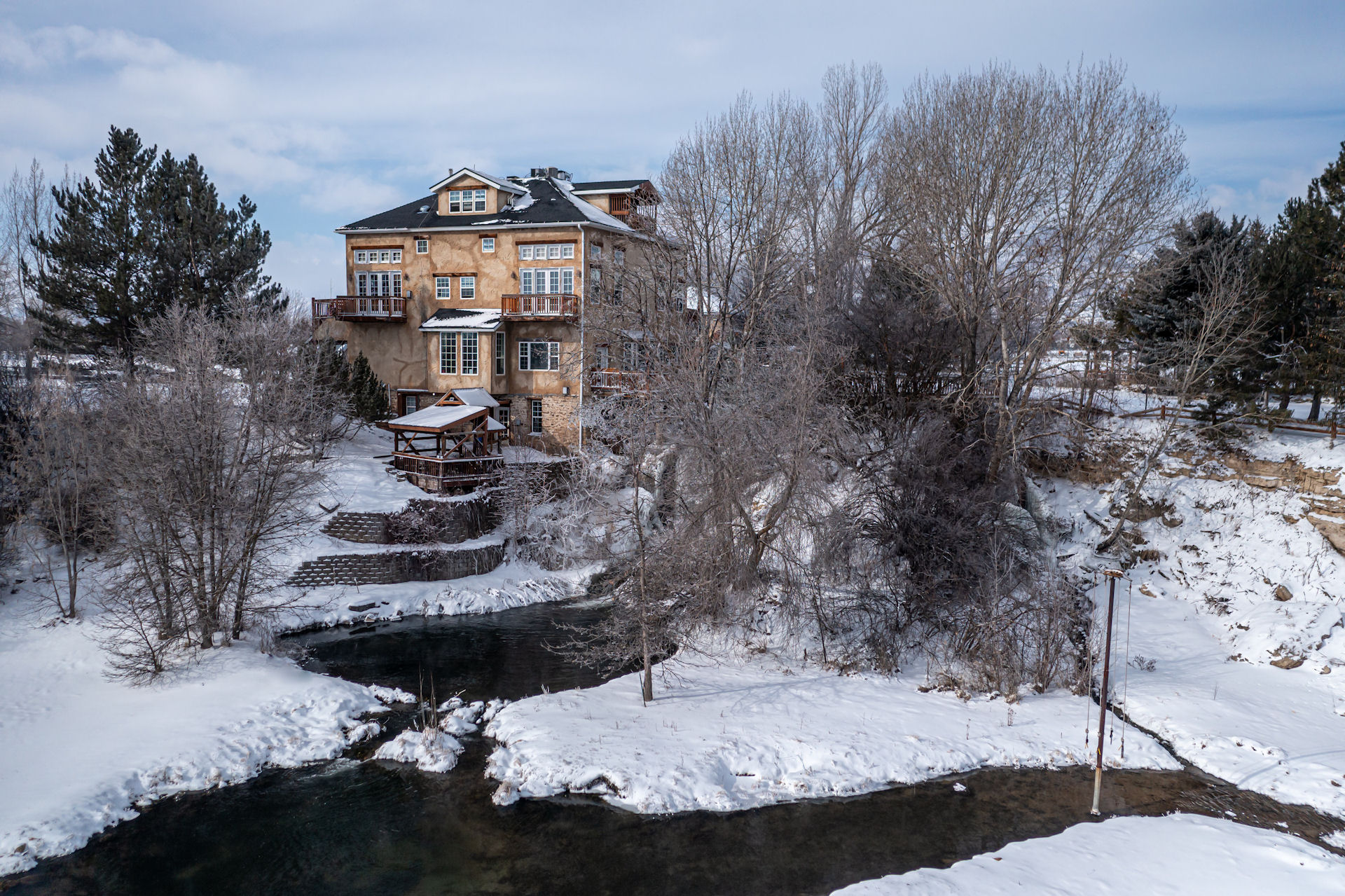
Addiction Treatment in Utah

Addiction Treatment in Utah
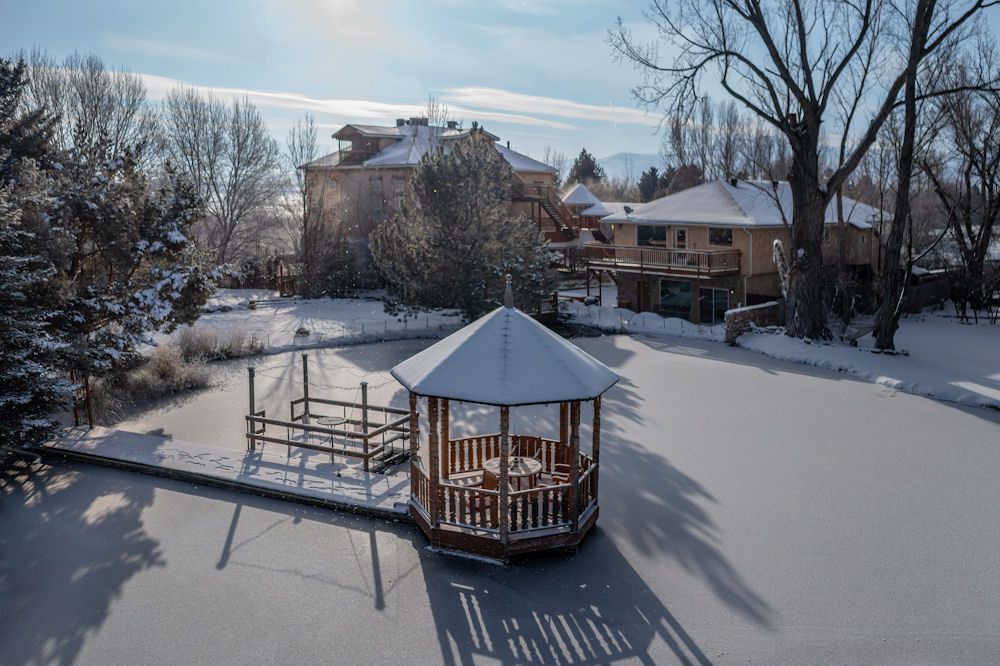
Addiction Treatment in Utah

Recreational Activities
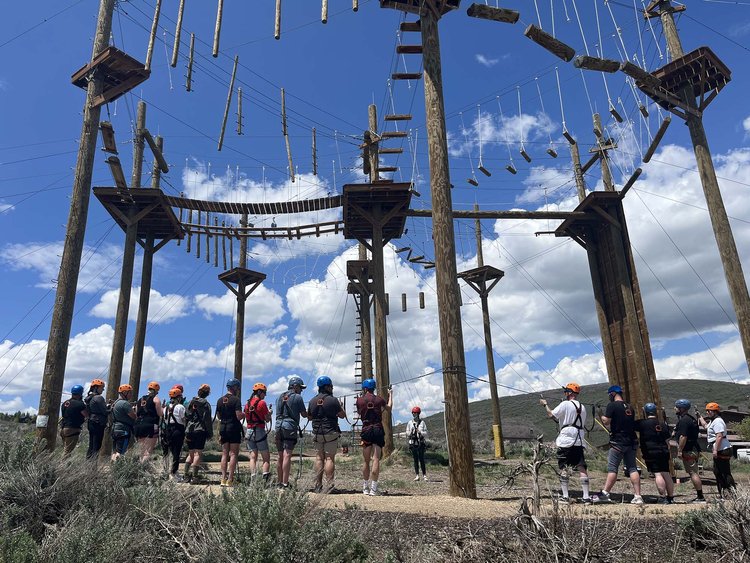
Adventure Therapy

Addiction Treatment in Utah
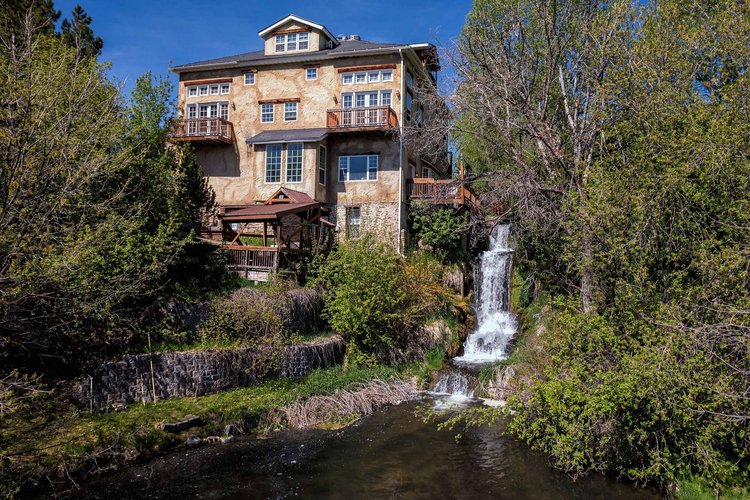
Residential Program

Equine Therapy

Experiential Activities

Men's Sober Living
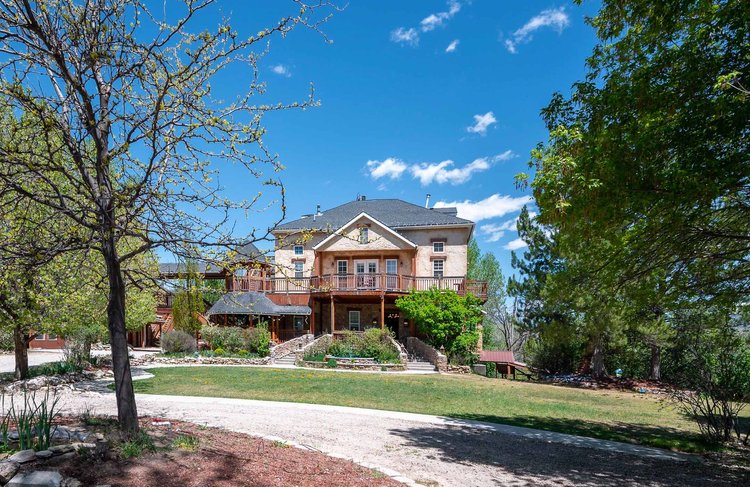
Sanctuary of Serenity
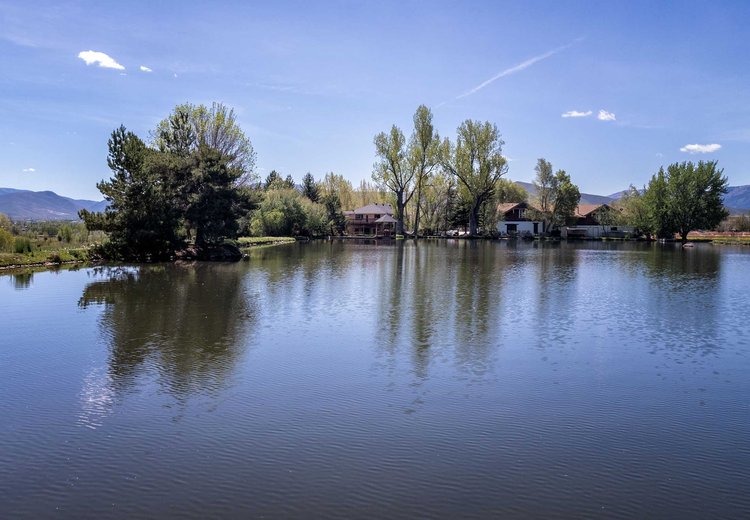
Sanctuary of Serenity
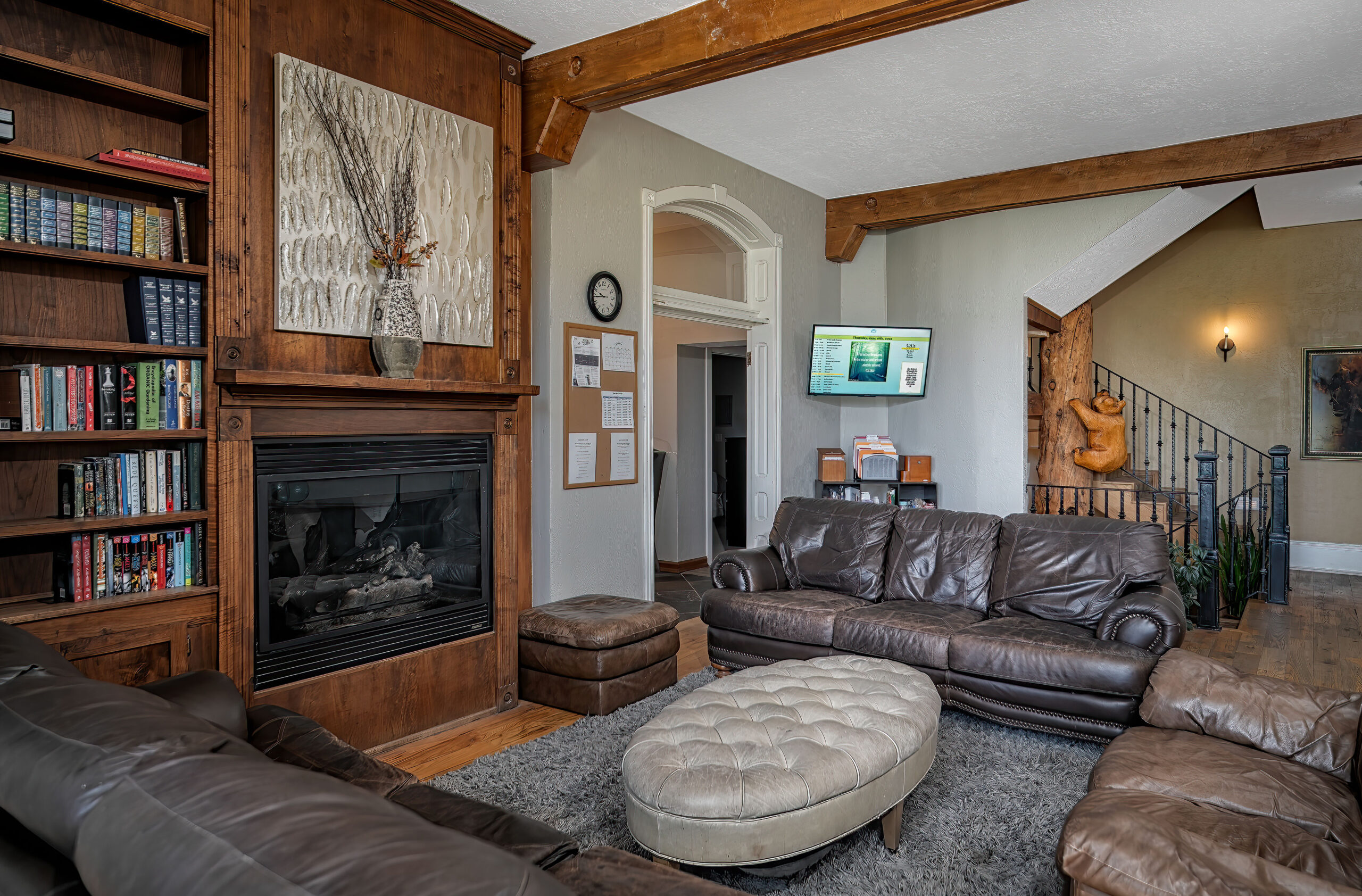
Sanctuary of Serenity
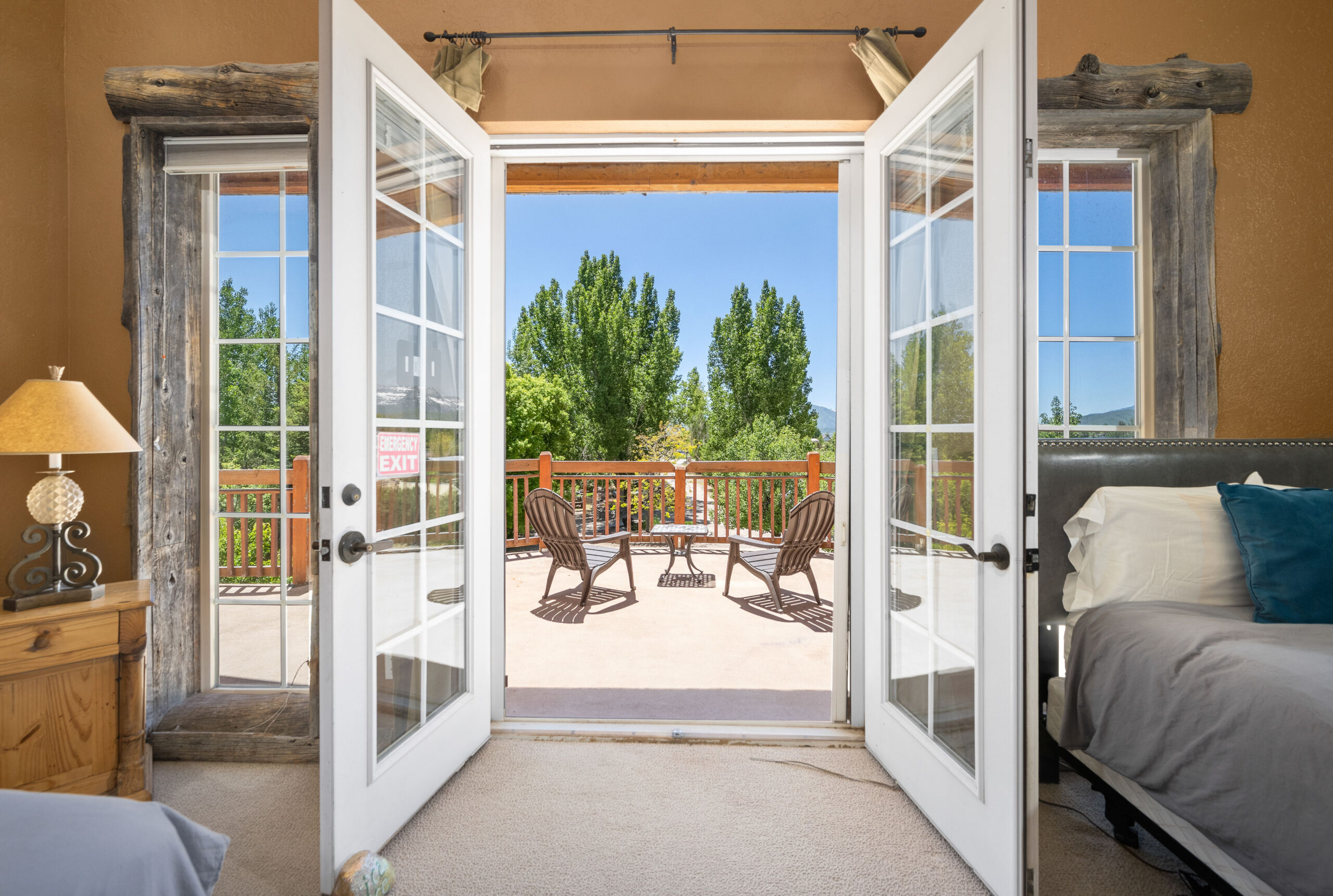
Sanctuary of Serenity
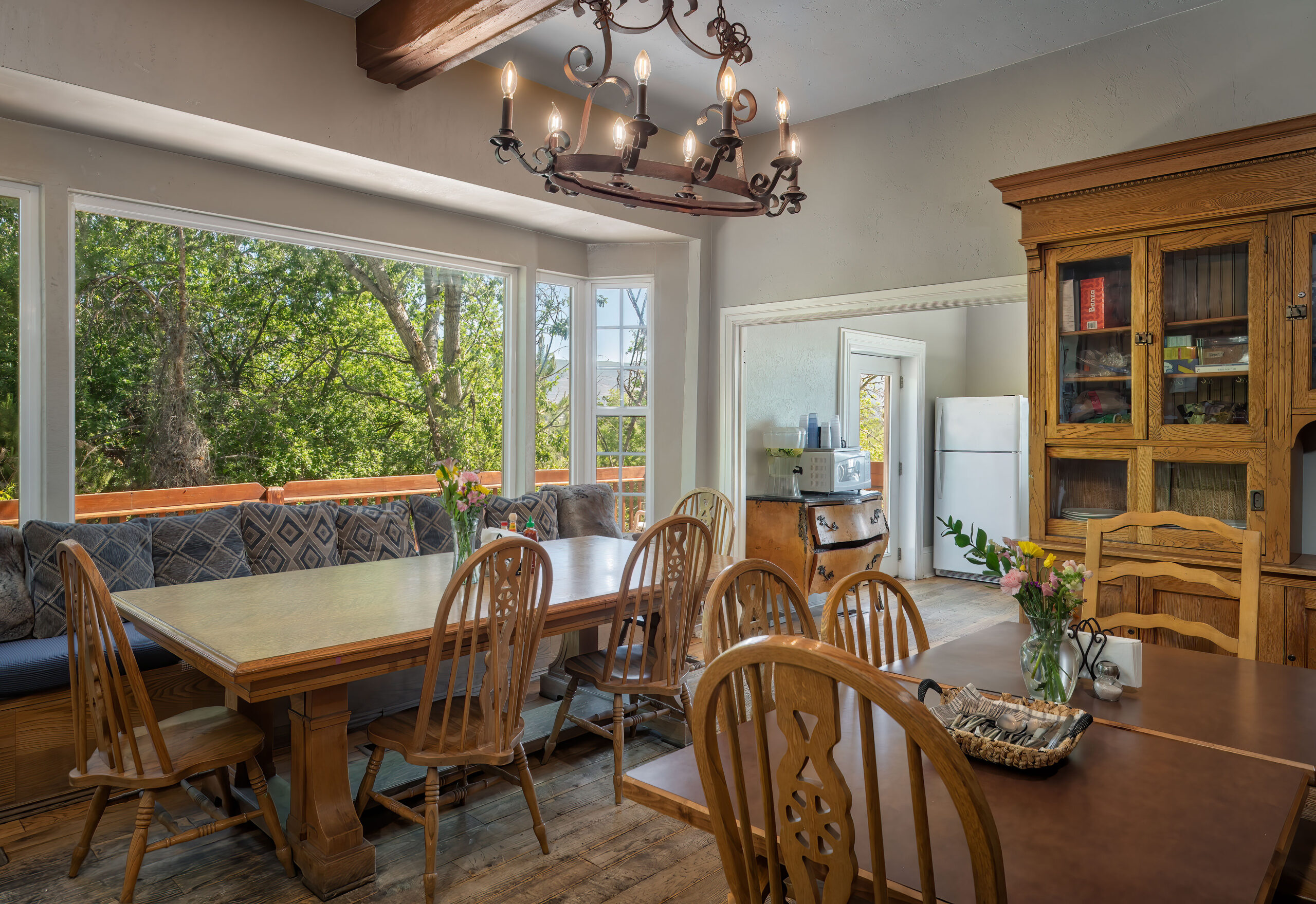
What You Can Expect at Our Residential Treatment Center
Addiction is a complicated disease that requires a sophisticated, customized approach. We draw from each patient’s experiences, preferences, personality, needs, and values to develop an appropriate course of treatment. We combine medically-informed therapies with experiential and meditative activities to deliver a holistic recovery experience.
Acqua Recovery is proud to have several Master-level clinicians on staff. These experts use their many years of education and experience to deliver treatment that works. Other staff members are caring and connecting. Many are in recovery themselves, or have family members that have made the journey. Together, our team is a welcoming and effective recovery community – the perfect mix of science and sanctuary.
At Acqua Recovery, compassionate care is paramount. Our dedicated team provides empathetic support to individuals struggling with substance abuse, creating a safe and nurturing environment for healing. We listen to your story, tailor treatment plans to your needs, and treat you with dignity and respect throughout your recovery journey.


A Typical Day in Acqua's Residential Program
Clients look forward to seeing the daily schedule posted each morning in our community room, just outside of the bright and bustling kitchen. Every day offers a new chance for healing and recovery. Individual schedules may vary, but a typical day might look like this:
7:30am – Breakfast
8am – Goals
9am – Community / Process Group Therapy
11am – Yoga
12pm – Lunch
1pm – Lifeskills
2:30pm – Psycho-Education
4pm – Relapse Prevention
5pm – Dinner
6pm – Acqua Fire
7pm –Daily Reflection
8:30pm –Free time / TV time
10pm – Quiet Time
11pm – Lights Out
Call our caring admissions team to see a full weekly schedule.
Every activity has its unique purpose in identifying and healing trauma, paving the way for a sustained life of recovery.
To learn more about the specific addiction treatment modalities utilized at Acqua, click below.
Our Promise To You
When you entrust us with your recovery, we take it very seriously. These are just a few of the promises that we make to you. We will:
- Deliver a “first class” experience in a pro-recovery environment.
- Address trauma and core issues with the best research-based evidence available.
- Provide the most current education and experiences for your overall well-being.
- Mindfully support you with patience, compassion, and understanding.
- Teach you how to connect with yourself and others more effectively.
- Prepare you for self-reliance and safe transition into life’s next phases.
- Guide you towards making better choices and leading a pro-recovery life.
- Empower you to have your voice heard while teaching you better communication skills.
Contact Aqua Recovery Today!
Reach out to our team of professionals to learn more about our residential treatment center. We offer comprehensive care for anyone suffering from addiction and/or mental health concerns. Our beautiful rehab center in Utah is standing by, waiting for your call!
Take the first step to transforming your life.

Dr. Pickrell is a board-certified psychiatrist with interests in addiction and psychiatry. He strives to identify the underlying cause of substance use. His understanding of addiction as the overlapping symptoms of biopsychosocial development is the foundation to his care model. He is committed to helping both patients and families understand that addiction is a treatable medical illness. He has been involved in the treatment of addiction for the last 17 years and completed his residency training at the University of Utah.










